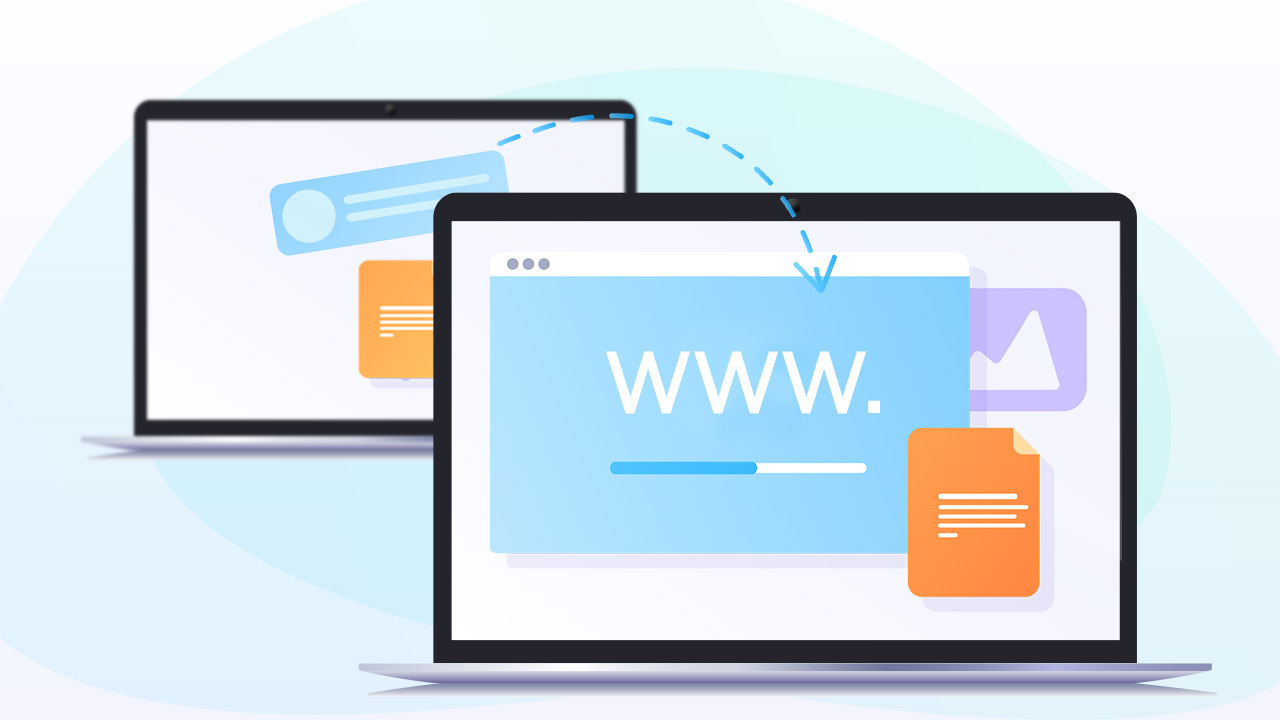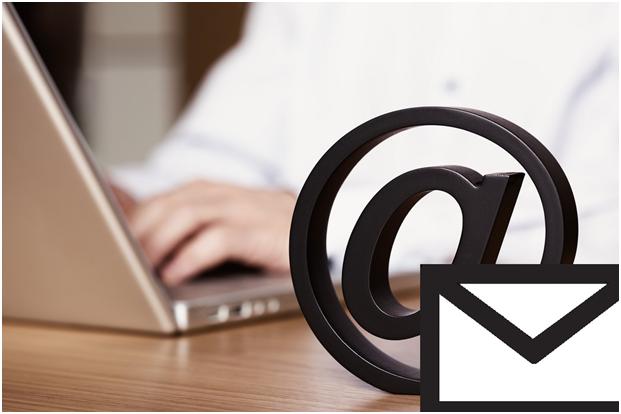How to choose the domain of a new website? the eternal question

Simplicity is the key to brilliance. (Bruce Lee)
Are you about to launch a new website? Do you trust that your product will be successful on the Internet? Then you will find yourself with the question that often keeps an entrepreneur up at night: the decision of what to call your main domain, also called “TLD” (in the top-level domain).
Choosing the domain name for a website requires a certain dose of creativity and ingenuity, but also some technique and business vision. The domain is one more element when building a brand or a web project, which should be matured before embarking on the adventure. Sometimes due to inexperience, other times due to the dazzle of our own ideas, there are a series of traps in which we usually fall when selecting a domain. In this decalogue I will mention the most usual:
DECALOGUE OF THE MOST COMMON MISTAKES WHEN CHOOSING A DOMAIN
- Trying to express too many ideas at once: The shorter the address of a web page, the easier it will be for our customers to remember and search for it. If we think of the most successful brands of our times, most of them have short domains, with a maximum of 8 letters and 3 syllables, such as Ikea, Netflix, Apple or Amazon. Our domain is comparable to our business card: it defines our product and the vision we have within our business. If a client asks us for our email address, a domain that is too long can become an obstacle to communication.
- Buy a domain whose .com version is not free: It is common to fall in love with a name or an idea and try to acquire a web address that includes it at all costs. However, our ears have become accustomed to hearing www.paginaweb.com and therefore, our clients will tend to search for our domain in this format. Today we find a wide variety of domain extensions, such as:
- .org and .edu, for the education sector and NGOs
- .net, originally intended for the technology sector, but today is used as a substitute for .om
- geographic domains: .com for Spain, .fr for France and .eu for Europe
- domains for cities: only a few cities in the world have the privilege of having their own domain, such as London (.london), Berlin (.berlin), Barcelona (.bcn), Madrid (.madrid). Every few years, ICANN opens the application period to admit new cities. More information here: https://en.wikipedia.org/wiki/GeoTLD
- sector-specific domains: .legal, .casa, .auto, .blog. In general, we always recommend purchasing the .com version together with the geographical versions of the countries in which we want to position our brand.
- Avoid the emotional factor: In some sectors, such as tourism, fashion and the automotive industry, the emotional impact is key to connecting with the consumer. Associating emotions and values with our brand is a fundamental part of the branding process and favours memory. Similarly, a domain that appeals to emotion is more likely to be successful. In addition, it must be easy to read and pronounce since we will repeat it very often. In fact, according to the company specialized in SEO Search metrics, the frequency with which a domain is searched for has long been an important factor in online positioning. You need to improve your website findability.
- Lack of commercial intent: Like the brand, the domain should describe our business model clearly and concisely, focusing on what is essential and reflecting the differential value of the company.
- Not comparing yourself with the competition: How can we forget that project for a lawyer whose last name was the same as his competitor’s and who also had his office in the same neighbourhood? To make matters worse, their domains were very similar, but their competitor was the one that took the first position in Google. In a digitized world, the choice of domain must be considered as part of the commercial and marketing strategy of any company. And this implies clearly differentiating oneself from competitors, to avoid falling into insignificance. Likewise, we must ensure that we do not incur in protected brands and names.
- For local businesses: forget to use the name of your city: If our services are only going to be offered in a specific city or region, including it in our web address will help us achieve greater visibility and better positions.
- Purchase domains that include hyphens: If we search for a domain and discover that it is not free, we may be tempted to acquire it by inserting hyphens between words. For example my-loved-domain.com.
This is not advisable, as Google tends to see manipulative intent in these domains.
- Forgetting to buy 2 versions of the same domain: The classic beginner’s mistake. When buying a domain, it is important to purchase the version with and without “www.” and include both in our Analytics account. In practice, this means buying 2 different domains.
- Don’t rely on other people’s opinions: To check the effectiveness of an idea, nothing better than putting it to the test by contrasting it with other people. We can ask our interlocutor what the name we have chosen suggests or even gain new ideas.
- Spending 2,000 euros to get the name we want: Sometimes you have to know how to lose. Domain sales platforms have developed systems to know which names work best and, by detecting them, they usually raise their purchase price. However, leaving a good part of the budget for a project in the domain is truly a waste, especially when we can find another one for less than 1 euro.





